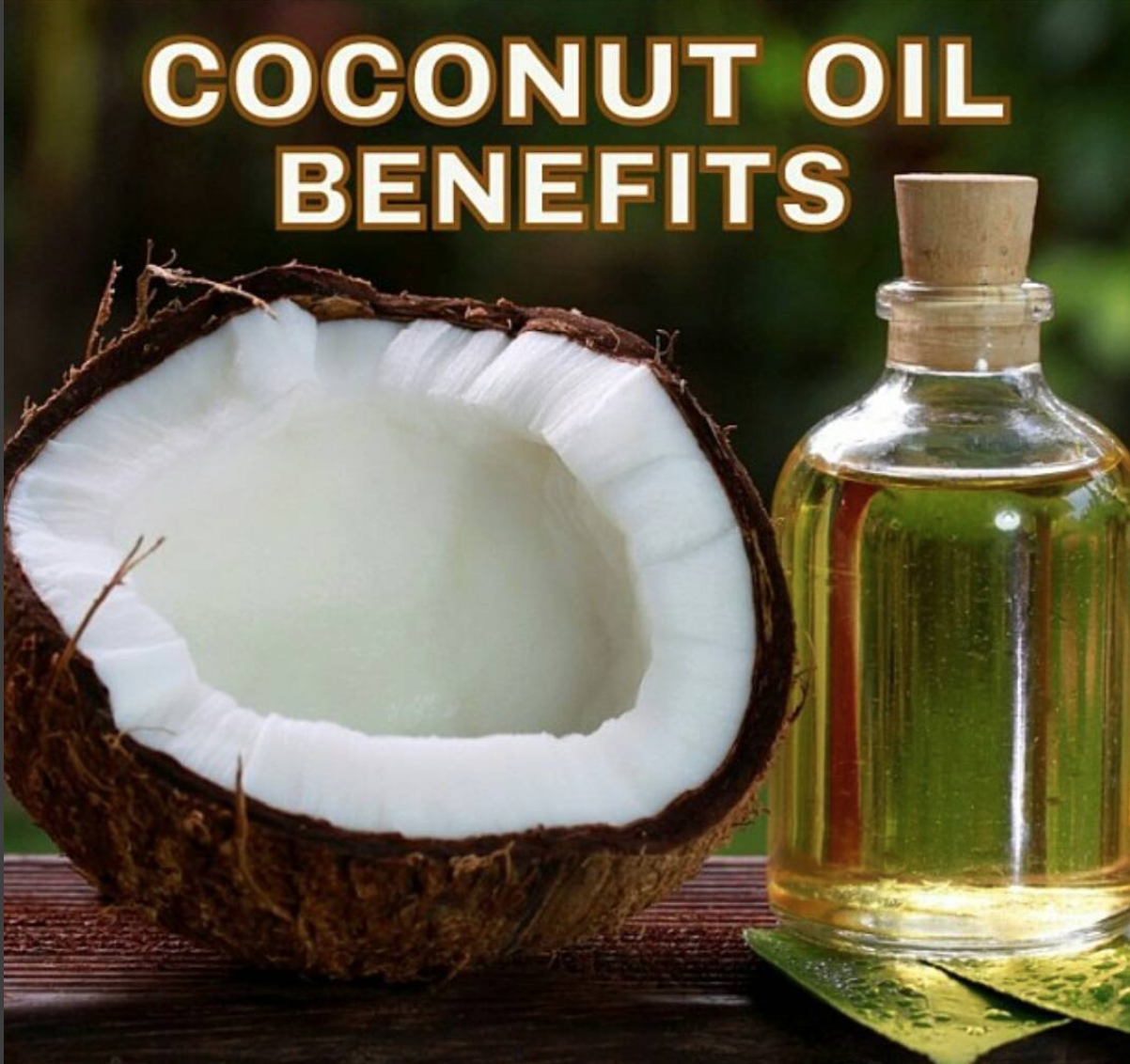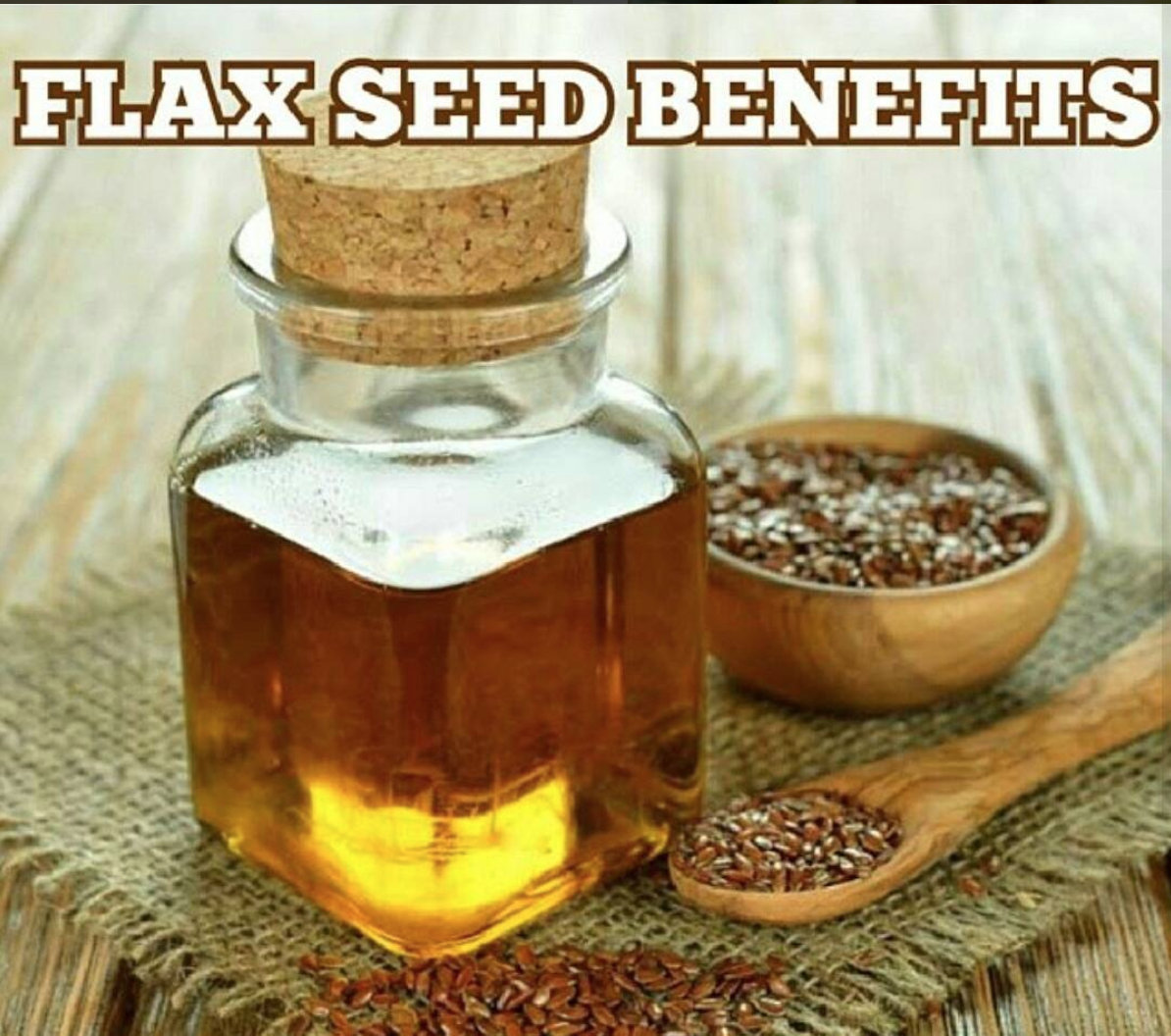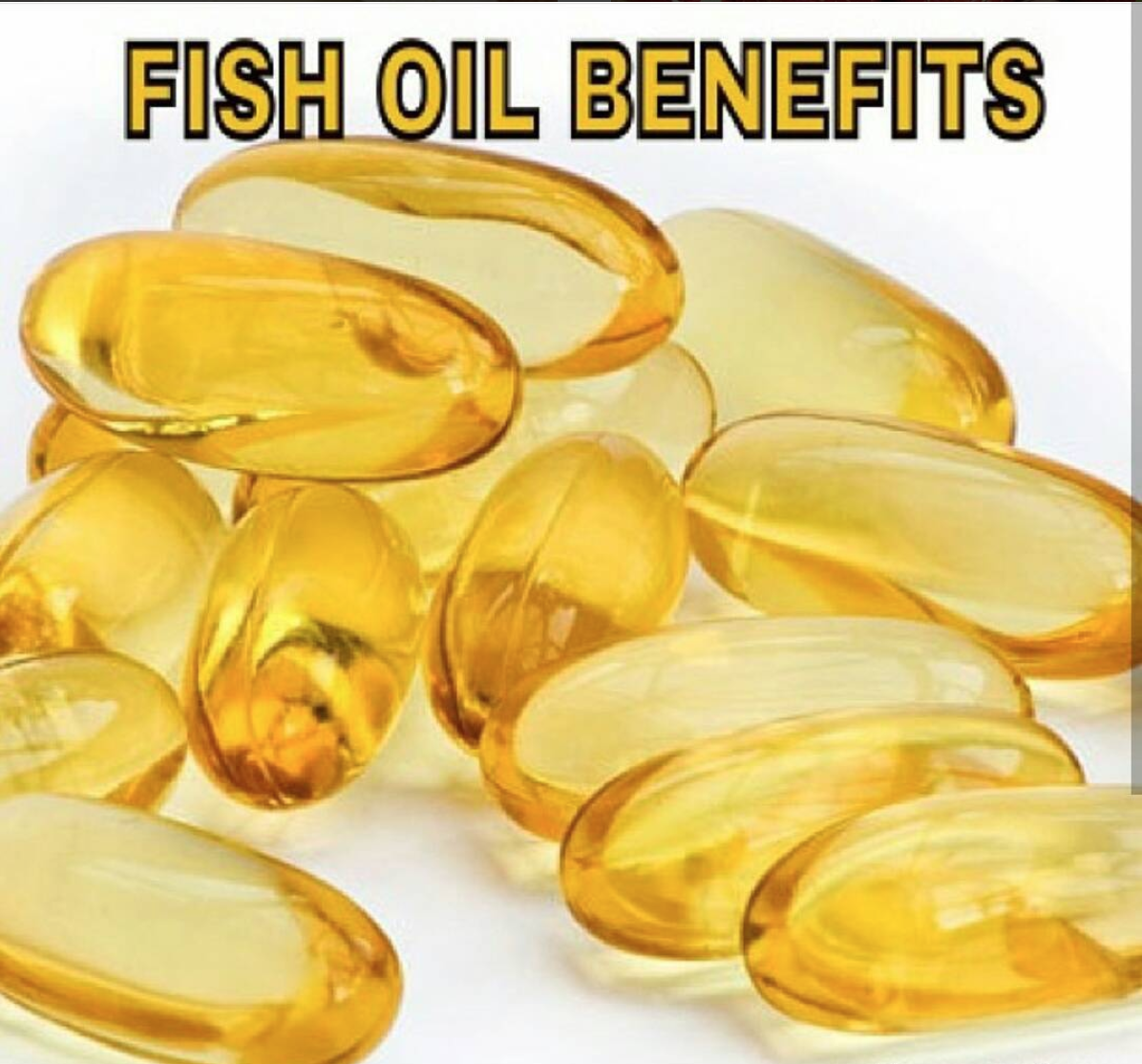1. Coconut Oil is a medium chain fatty acid.
In fact, coconut oil has been reported as nature’s richest source for medium chain fatty acids. MCFAs easily digested, naturally putting less strain on our digestive systems. Lastly, MCFAs help stimulate our metabolisms, making it an excellent tool for weight loss!
2. Coconut Oil has amazing anti microbial properties.
Coconut has a special ingredient which makes it excellent for fighting microbes called lauric acid. In the body, lauric acid is converted into monolaurin, which has anti viral, anti protozoan and anti microbial properties. Monolaurin can help fight the lipid coated viruses.
3. Coconut Oil is a natural moisturizer.
Besides having loads of health benefits when consumed, coconut oil has also benefits when applied to the skin. Coconut oil also has plenty of anti-aging benefits, and can help protect the skin from free radicals, which can cause skin to look older and more tired. Also, when you apply coconut oil to your skin, it can reduce your need to use Vitamin E as another form of skin protection.
4. Coconut Oil is great for cooking.
The problem with other kinds of vegetable oils is that when heated they turn rancid. Rancid oil is obviously bad and vegetable oil is responsible for bad cholesterol. However, when coconut oil is exposed to heat, it’s been found to resist mild heat damage. Coconut oil doesn’t turn rancid.
5. Coconut Oil is an effective weight loss aid.
Coconut oil is not a trans fat, and as I mentioned earlier, is actually a healthy fat. Humans who took coconut oil instead of Long Chain Fatty Acids were found to decrease body weight, and to have reduced fat disposition. Coconut oil has even been found to improve and enhance athletic performance. This is one reason why many athletes are turning to coconut water instead of traditional sugary sports drinks.
1. High in Fiber:
It is difficult to find food that has a good amount of fibre in both soluble and insoluble forms. But flaxseed does the job very well of adding such fibres in your diet. Flaxseed helps in reducing cholesterol and also helps in alleviating blood sugar levels. It is effective in proper functioning of the intestines. Flax seeds can prevent and also treat certain type of cancers. It reduces breast cancer, hot flashes and prostate cancer in men.
2. Nutrition:
Flax seed contains a high amount of vitamin B, magnesium and manganese which are required for proper functioning of the body.
3. High in Phytochemicals:
Flax seed has a good amount of phyto-chemicals and antioxidants. It is the best source of lignans which can balance female hormones. Lignans can promote fertility, reduce pre menopausal symptoms and also can prevent breast cancer.
4. Heart Diseases:
A diet which is rich in fruits, vegetables, whole grains etc. reduces the risk of heart attacks and strokes. Including Flaxseeds further helps in reducing the risk of heart diseases. It reduces bad cholesterol and increases good cholesterol content.
5. Menopausal Symptoms:
In a study conducted recently, flax seeds were found to work in the same way as hormone replacement therapy (HRT) in menopause treatment for mild menopausal symptoms like hot flashes, mood disturbances and vaginal dryness.
6. High Cholesterol:
People who follow a Mediterranean diet have high HDL i.e. good cholesterol level. This Mediterranean diet consists of omega-3, omega-6 and omega – 9 fatty acids. It also includes whole grains, green vegetables, fruits, fish and poultry, ALA from Flaxseed and flaxseed oils.
7. Lignans:
Flax seeds contain a group of chemicals called lignans that helps the body to protect from cancer.
Pure high quality omega 3 fish oil is the richest source of EPA, DHA and DPA, which are the three omega 3 fatty acids proven in numerous scientific studies to produce the following 11 amazing omega 3 benefits.
1. Decreases pain from inflammation:
Omega 3 fish oil has been shown to prevent and reduce pain from many different causes such as headaches, injuries, menstruation and the stiffness and painful joints of arthritis.
2. Reduces depression and psychosis:
The omega 3 fatty acids in fish oil have been found to help prevent and alleviate depression, psychosis episodes, bipolar disorder depression and even schizophrenia.
3.Helps weight loss & lowers body fat:
Fish oil has been shown to improve weight loss, decrease blood sugar in overweight people and those with high blood pressure and significantly decrease body fat, especially when you combine taking fish oil is with regular exercise.
4. Improves heart & vascular health:
Research shows fish oil to be effective in preventing hardening of the arteries, irregular heartbeat and heart disease, and in helping to prevent heart attacks and strokes.
5. Lowers cholesterol & triglycerides:
High triglycerides and high cholesterol contribute to the risk of both heart disease and diabetes. Omega 3 fish oil has been found to reduce levels by 20% to 50%.
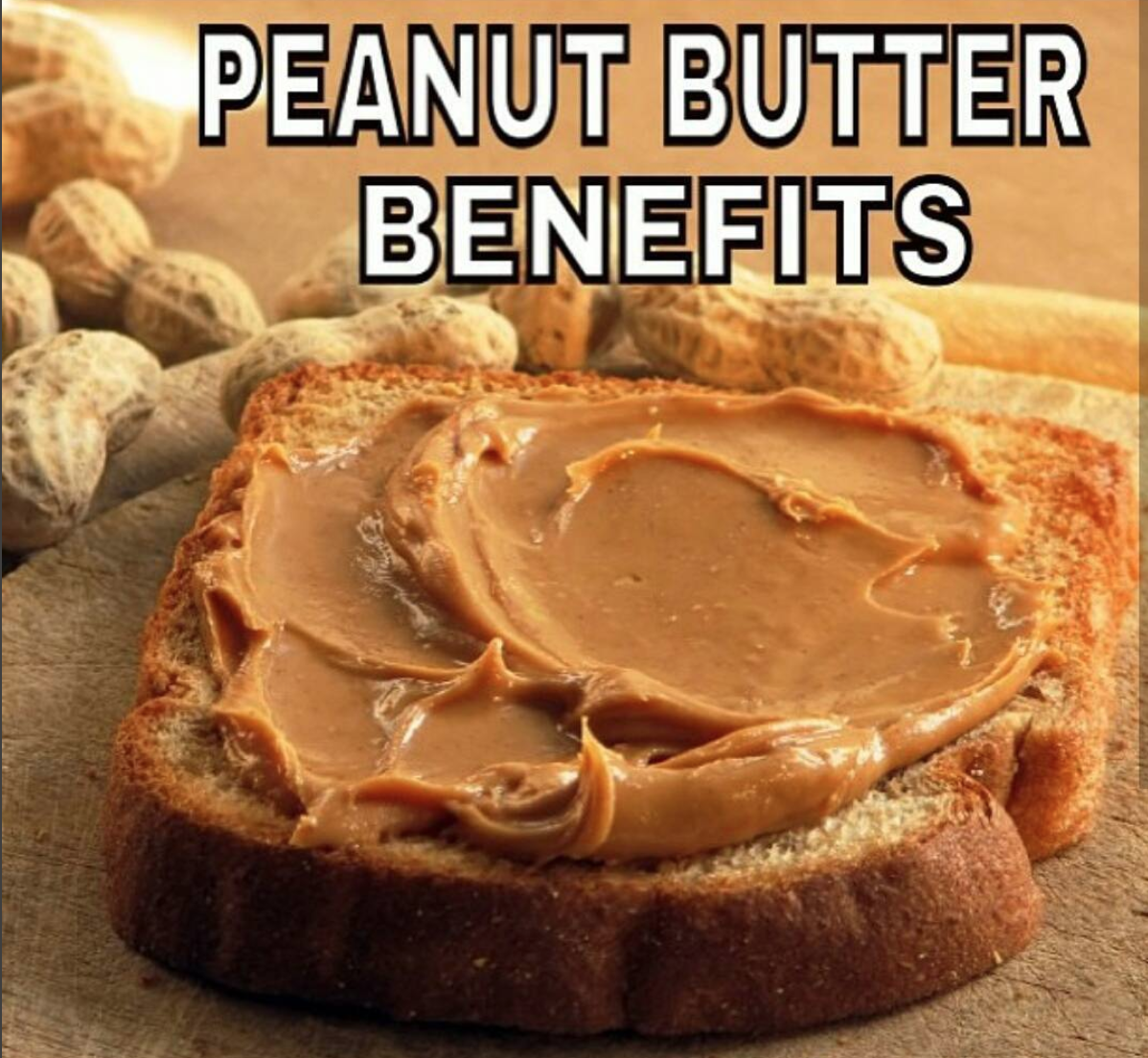
1. Energy Boost:
Peanut butter is high in calories and each bite packs a bunch of nutrition. It contains both protein and healthy monosaturated fats, which will give you the energy pick-me-up that you are looking for. Additionally, peanut butter has other nutrients including vitamin B3, tryptophan, and manganese.
2. Cardiovascular Health:
The monounsaturated fat in peanut butter has been linked with a decrease in the risk of heart disease. Also, peanuts contain fiber, and a diet high in fiber will reduce bad (LDL)cholesterol levels. Peanut butter also contains vitamin E, which is a powerful antioxidant that has been associated with lower levels of heart disease.
3. Better Circulation:
Peanut butter is a great source of iron, which helps to maintain good circulation. Other minerals in peanut butter include calcium, copper, potassium, and magnesium.
4. Blood Sugar Control:
The protein and fiber in peanut butter are both beneficial for blood sugar control. If you have been diagnosed with diabetes, or you are at risk of diabetes, including peanut butter in your diet may be beneficial because it will stabilize your blood sugar levels.
5. Anti-Aging:
Peanut butter contains resveratrol , an antioxidant that has been linked with lower levels of heart disease and cancer. Some studies suggest that resveratrol may reduce the appearance of wrinkles.
6. Cancer Prevention:
The antioxidants and fiber in peanut butter help to reduce the risk of cancer. Antioxidants are effective because they clean up free radical activity within the body and fiber will reduce the risk of colon cancer because it keeps waste moving efficiently through the intestines.
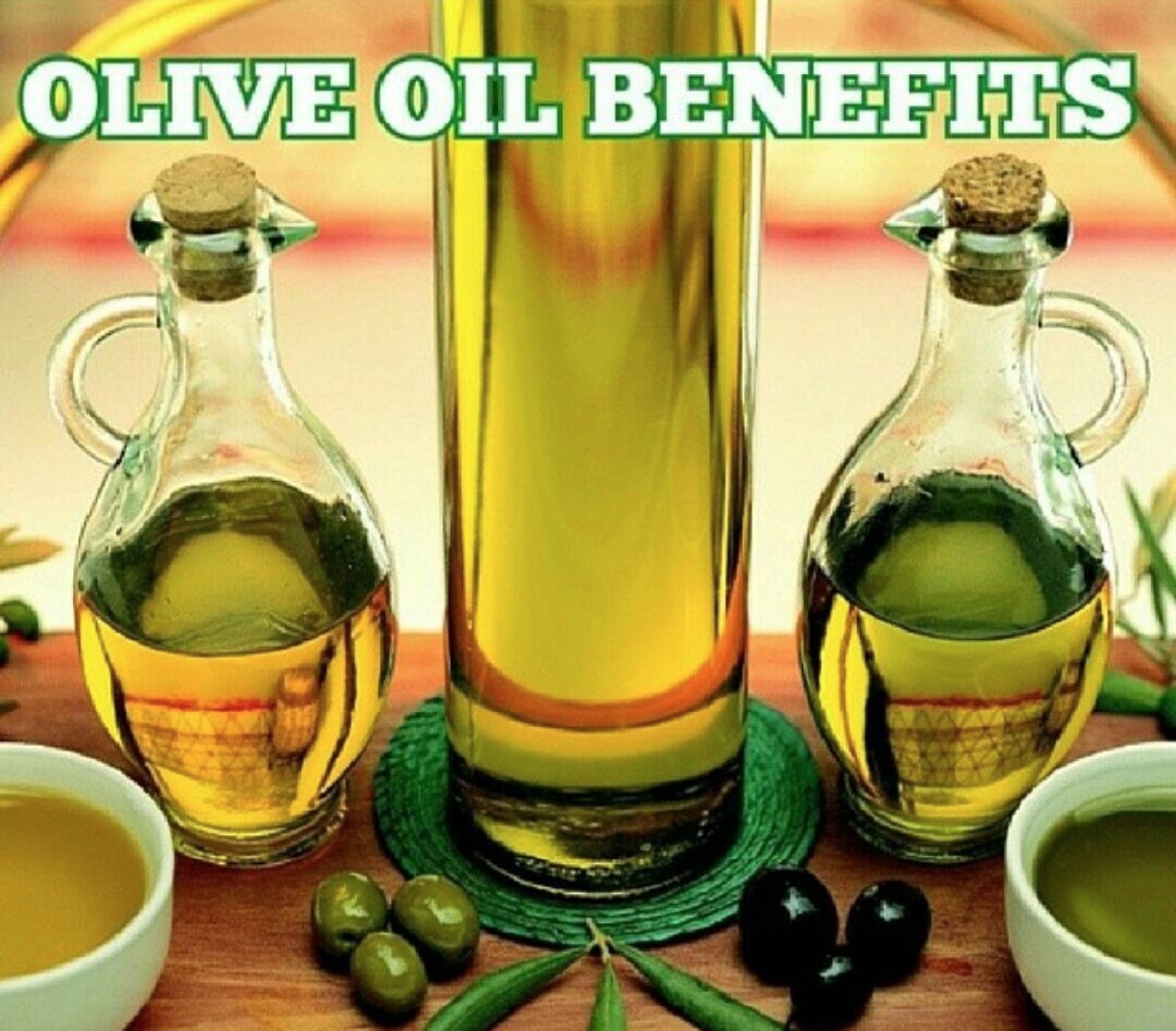
Olive oil is heavily used in the Mediterranean Diet and contributes to the healthy lifestyle that the Europeans lead. Many European and Mediterranean countries consume high amounts of olive oil daily, which may be a prime reason why these countries have lower levels of heart disease among people.
Olive oil is one of the best sources of healthy, monounsaturated fats. Monounsaturated fats are considered to be one of the healthiest fats, keeping your heart healthy.
Monounsaturated fats are believed to help lower cholesterol and heart disease while also being a potent antioxidant. According to the FDA, consuming 2 tablespoons of olive oil a day may reduce your risk of heart disease and this healthy fat contributes to muscle growth and the torching of fat.
That’s right! You can actually get lean by consuming certain fats like the ones in olive oil because of its tremendous health benefits. It is one of the healthiest things you could consume and you could put it on nearly anything (bread, pasta…).
Studies have confirmed over and over again that one can consume as much olive oil as desired without gaining an ounce of fat. It is almost like a paradox in which your body treats this particular fat for beneficial purposes.
Try to get the “extra-virgin” cold-pressed kind because they are the most pure, have more antioxidants, and may even taste better.
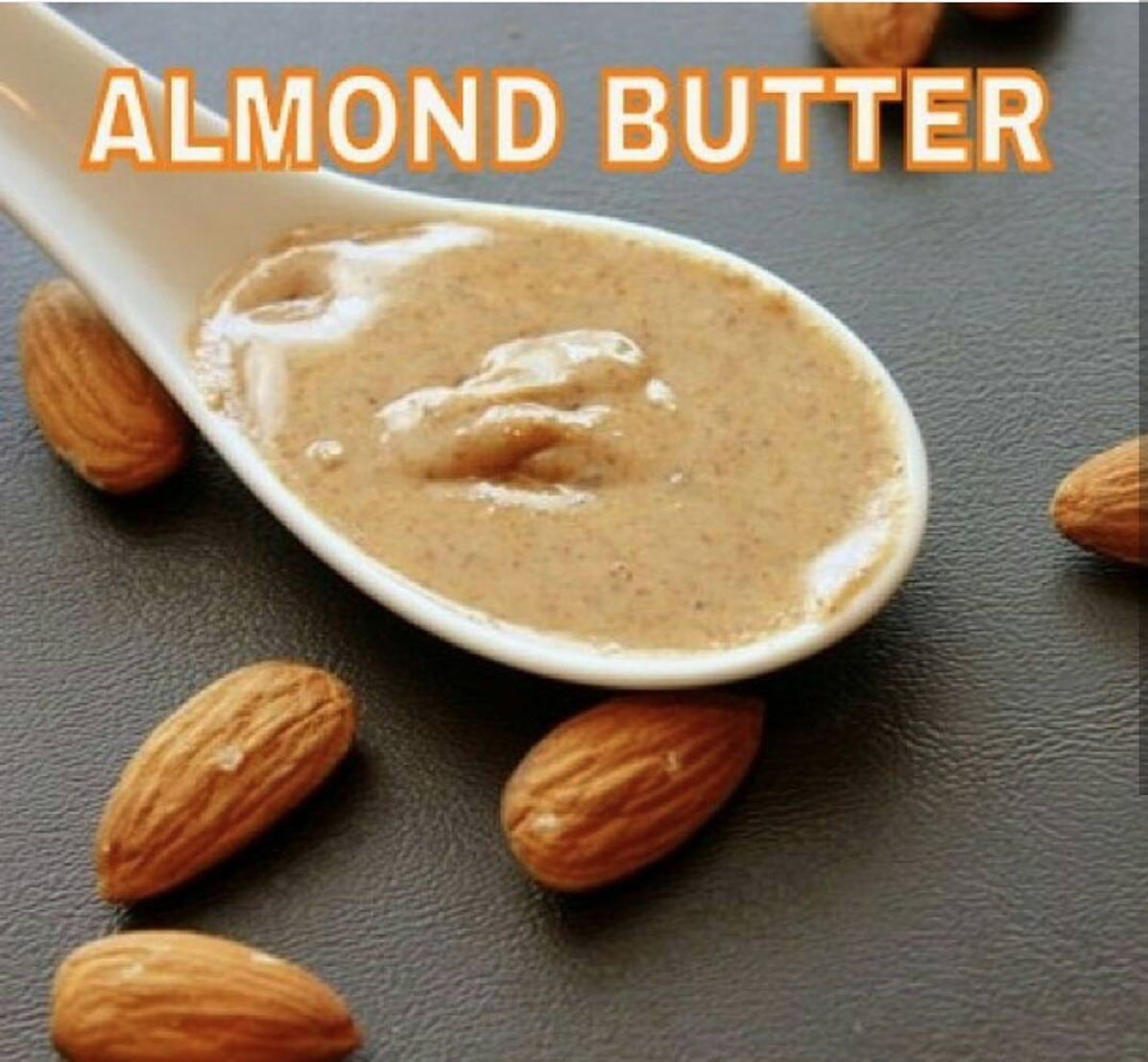
1. Good for the Heart:
number one health benefit of almond butter is that it is good for the heart. It is rich in monounsaturated fats, which are the type of fats that reduce levels of cholesterol and decrease the risk of heart ailments. Dipping your biscuit in almond butter or spreading it on top of your bread certainly gives your heart a healthy boost.
2. Lower Blood Pressure:
Almond butter is also known for lowering blood pressure because it can decrease cholesterol levels. When cholesterol accumulates in the blood vessels of the body, it makes it difficult for blood to flow more freely to different organs. When this happens, the heart will pump more strongly and this can result in high blood pressure. Lowering the cholesterol will also lower blood pressure. Apart from that, almond butter also contains minerals that are effective in reducing blood pressure.
3. Control Blood Sugar:
Almond butter is a sweet and tasty dessert that will not do any damage to your blood sugar levels. In fact, it can even help control levels of blood sugar in your body by reducing the sudden increase in blood sugar and insulin which usually happens after you eat a carbohydrate-packed meal. This makes it an ideal part of the meal if you are suffering from diabetes.
4. Rich in Antioxidants:
Oxidative stress is a common problem in today’s society. Free radicals that do cellular damage to your body are present everywhere. This is why it is important to have proper intake of antioxidants, such as vitamin E and flavonoids, which fortunately can be found in almond butter. Almond butter, thus helps protect cells from oxidative stress and reduces the risk of heart disease and other ailments associated with it.
5. Help With Weight Control:
You should know that almonds are high in protein, fiber, and monounsaturated fats. They’re also incredibly delicious! People who eat nuts are less likely to become overweight than those who avoid them.
Want to reach your fitness goals faster?
Free eBook reveals the most effective cardio workouts and routines to get in shape and shed fat week by week!
You may also like
The ketogenic diet has become extremely popular over the last few years, and for good reason. This meal plan really works! The keto diet is not only effective as a weight loss plan, but may also help to improve health conditions such as diabetes and epilepsy. If you’re looking for an effective, affordable diet to try, keto may be the answer.
What is the Ketogenic Diet?
The ketogenic diet is a low-carb, high-fat, moderate protein diet. In general, a keto diet has a macronutrient breakdown of 5% carbohydrates, 70% fat, and 25% protein. Decreasing carbohydrates to this level forces the body to utilize fat as its primary source of energy. This induces a metabolic state known as “ketosis.”
The keto diet has been around for nearly 100 years. Since the 1920’s, doctors have recommended this diet to help ease the frequency and severity of seizures in children. While these dietary changes have been known to reduce epilepsy symptoms in children, it is still important to consult with a doctor about healthcare options.
Today, keto is most well known as a diet which causes rapid weight loss. The effectiveness of this diet have made it a popular, trendy choice in recent years.
What Should You Eat on a Keto Diet?
A keto diet is not defined by the food eaten, but rather by the consistent state of dietary-induced ketosis. This means that a wide variety of foods can be a part of a keto diet.

Typically, people following a keto diet will consume a large amount of fatty animal products such as red meat, poultry, fish, and dairy. However, vegans, vegetarians, and pescatarians can all go keto. Olive oil, coconut oil, grass-fed butter, and other sources of fat are common ingredients of a ketogenic diet.
Carbohydrate sources such as bread, starches, grains, most fruits, and, of course, sugary desserts, are entirely avoided. While this aspect of the diet may be difficult to maintain, limiting carbs is an essential part of keto.
What Is Ketosis?
When your carb intake is extremely low, your liver glycogen is depleted and your body is forced to begin burning fat. This state is called ketosis. Living in a state of ketosis is fantastic for weight loss, since it forces your body to burn fat from adipose tissue or dietary fat.

Being in a state of ketosis produces ketones, which are the byproducts of fatty acids. The three ketones produced are beta-hydroxybutyrate (BHB), acetoacetate, and acetone. Everyone has ketones in their body, but a ketosis diet creates a build-up of these acids. Ketones are released into the blood and are shuttled through the mitochondria where they are turned into energy.
Exercise and fasting are other ways you can deplete liver glycogen and induce ketosis. This is why intermittent fasting is frequently paired with a ketogenic diet. Alternatively, you could also take exogenous forms of ketones, which have been shown to increase BHB regardless of how many carbs you’re consuming.
Don’t We Need Carbs to Survive?
Carbohydrates are one of our main sources of energy. When we digest and metabolize carbs, glucose is produced. This is important, since there are certain areas of the brain that require glucose to function.
However, the human body is also capable of producing glucose from protein and glycerol, a type of fat. This process is called gluconeogenesis. Despite a very low intake of carbohydrates, your brain still gets all the glucose it requires to function. Thanks to this ability, we can survive without consuming glucose-rich carbs.
Researchers & Keto
A metabolic ward study, the gold standard in nutrition, tested the effectiveness of the keto diet. Participants were split into two groups. One group ate a ketogenic diet and the other group ate a standard American diet. Both groups were consuming the same amount of calories and protein.

The ketogenic diet group lost more weight in the first two weeks. Carbohydrates cause the body to retain water, so decreasing carb intake causes rapid water loss. This impressive head start is the result of both water and fat being lost.
However, by the end of the four-week trial, both groups had lost the same amount of fat. Participants following the ketogenic diet did have an increased overall caloric expenditure, but it was hardly detectable.
Isn’t Keto the Best Diet for Weight Loss?
There’s plenty of evidence that a ketogenic diet is great for losing weight, but is it the best? It turns out, when calories and protein are matched, a keto diet is no better for weight loss than any other high-protein, moderate carb, low-fat diet.
Many studies show that eliminating carbs leads to weight loss; however, this is largely because participants than end up eating more protein, which promotes greater weight loss. Protein is more thermogenic than fat and carbs. This means that the more protein you consume, the more calories you burn.

Generally, healthy, athletic individuals don’t need to do keto for any particular reason other than personal preference. In saying that, a very low-carb and high-fat diet does have utility among those who are insulin resistant. Research has made it clear that high fat, high protein, and lower carb diets are especially useful for controlling blood sugar and managing the metabolic dysfunction of type 2 diabetics.
Then Why Does Keto Work for Everyone I Know?
While keto may not perform perfectly in a controlled laboratory setting, it does seem to be superior when applied to real-world scenarios. Most people on a diet don’t track the precise amount of macronutrients and calories they consume with every meal, unless they’re using a meal plan service. Diets like keto can make weight loss effortless.
Keto diets may be effective for weight loss for the following reasons:
Food elimination: If you cut carbohydrates out of your diet, you’re taking a lot of different foods off the menu. Decreasing carb intake limits food variety, which can reduce the amount you eat, and therefore promote weight loss.
Gluconeogenesis: The process of converting fat into protein requires energy. That means that gluconeogenesis may burn additional calories
Increased insulin sensitivity: Insulin is a hormone which helps sugar move from the blood into other areas of the body. A resistance to insulin is often associated with obesity, weight gain, and difficulty losing weight. Increased insulin sensitivity, resulting from keto, causes weight loss and improved metabolic health.
Increased fat burning: Ketogenic diets help your body burn more fat while resting, doing daily activities, and exercising.D
Appetite Suppression:
Keto can be incredibly useful for weight loss, but not because it’s inherently superior, as many experts claim. The diet works well for weight loss because it helps people maintain a consistent calorie deficit. The primary reason keto helps people maintain a calorie deficit is through its effects on appetite.
According to a meta-analysis, participants following a ketogenic diet report less hunger and exhibit greater fullness. Research has shown that this may be due to the increase in ketones. Ketones have been shown to decrease ghrelin, which is frequently referred to as the “hunger hormone.”

When ghrelin levels are high, signals are sent to the brain which increases a person’s appetite. Decreased ghrelin levels cause a decreased appetite, and may lead to someone eating fewer calories over time. For this reason, a keto diet could lead to more significant weight loss results than a diet that keeps participants feeling hungry.
Summary
The ketogenic diet can be an extremely useful tool for weight loss. This diet is effective for many people since it can help reduce your appetite and control caloric intake. It’s important to remember that keto is not the only effective diet out there. What determines one person’s weight loss success will, of course, be different from another person. The ketogenic diet may give you incredible weight loss results; it’s merely a matter of finding which diet strategy works best for you.

